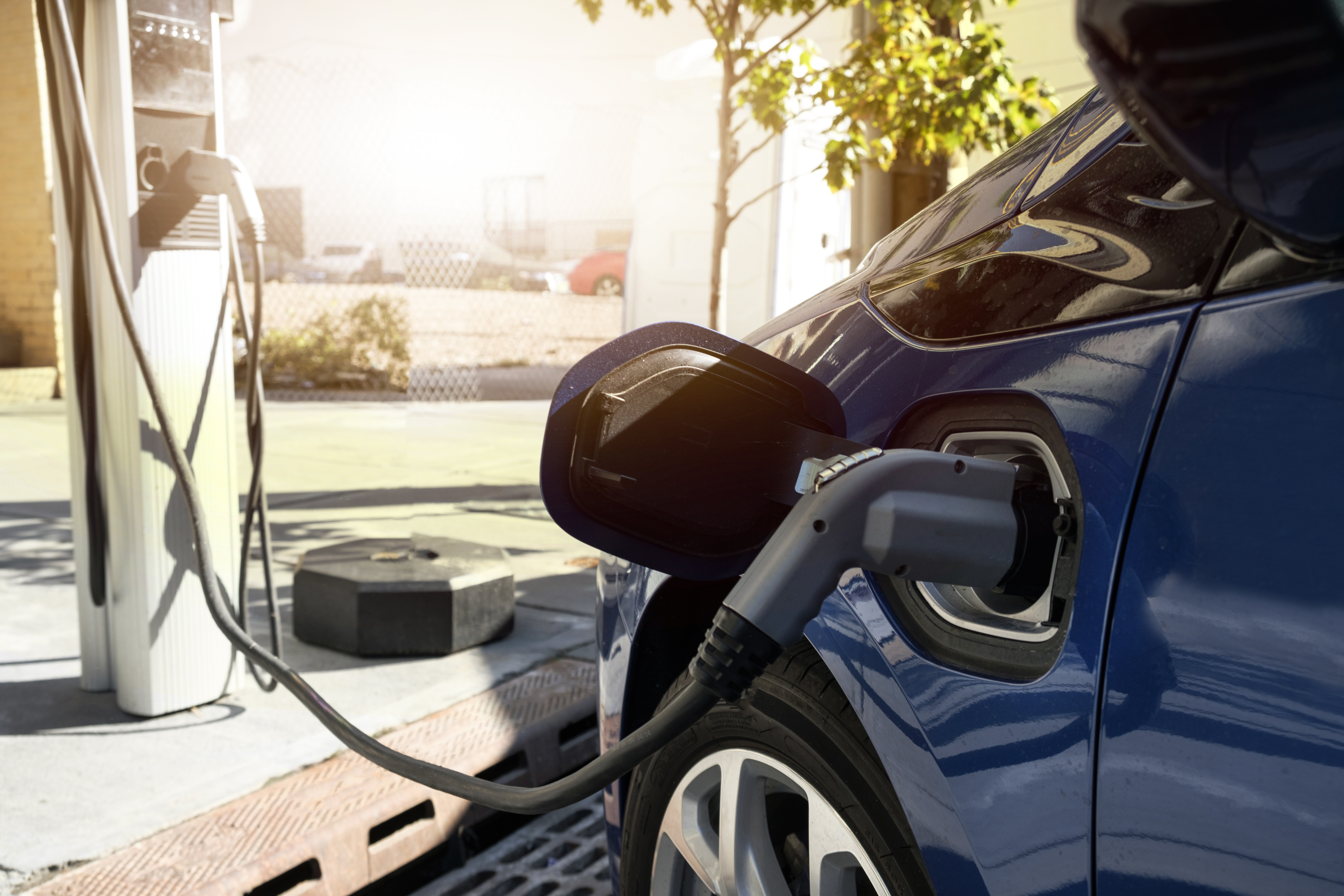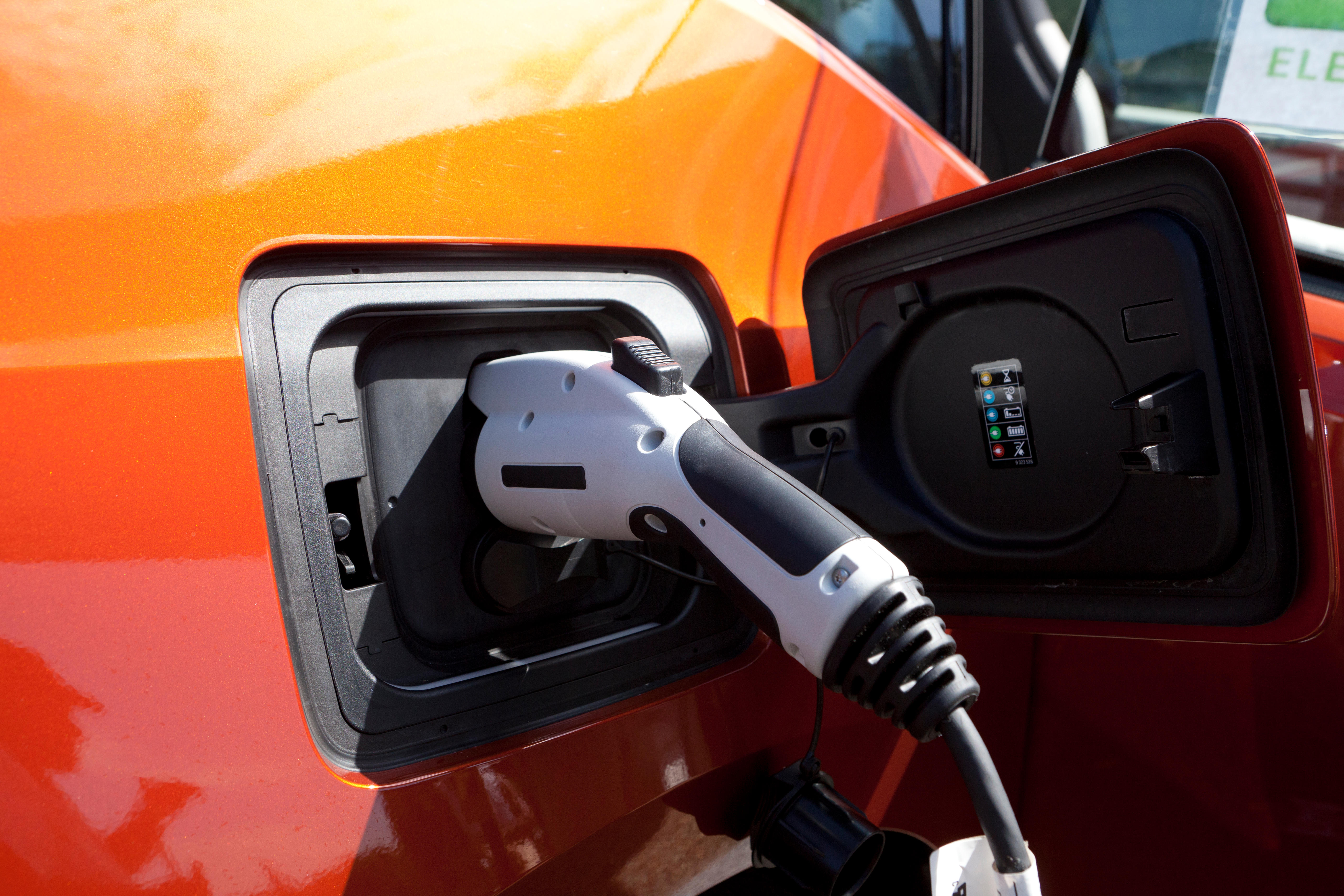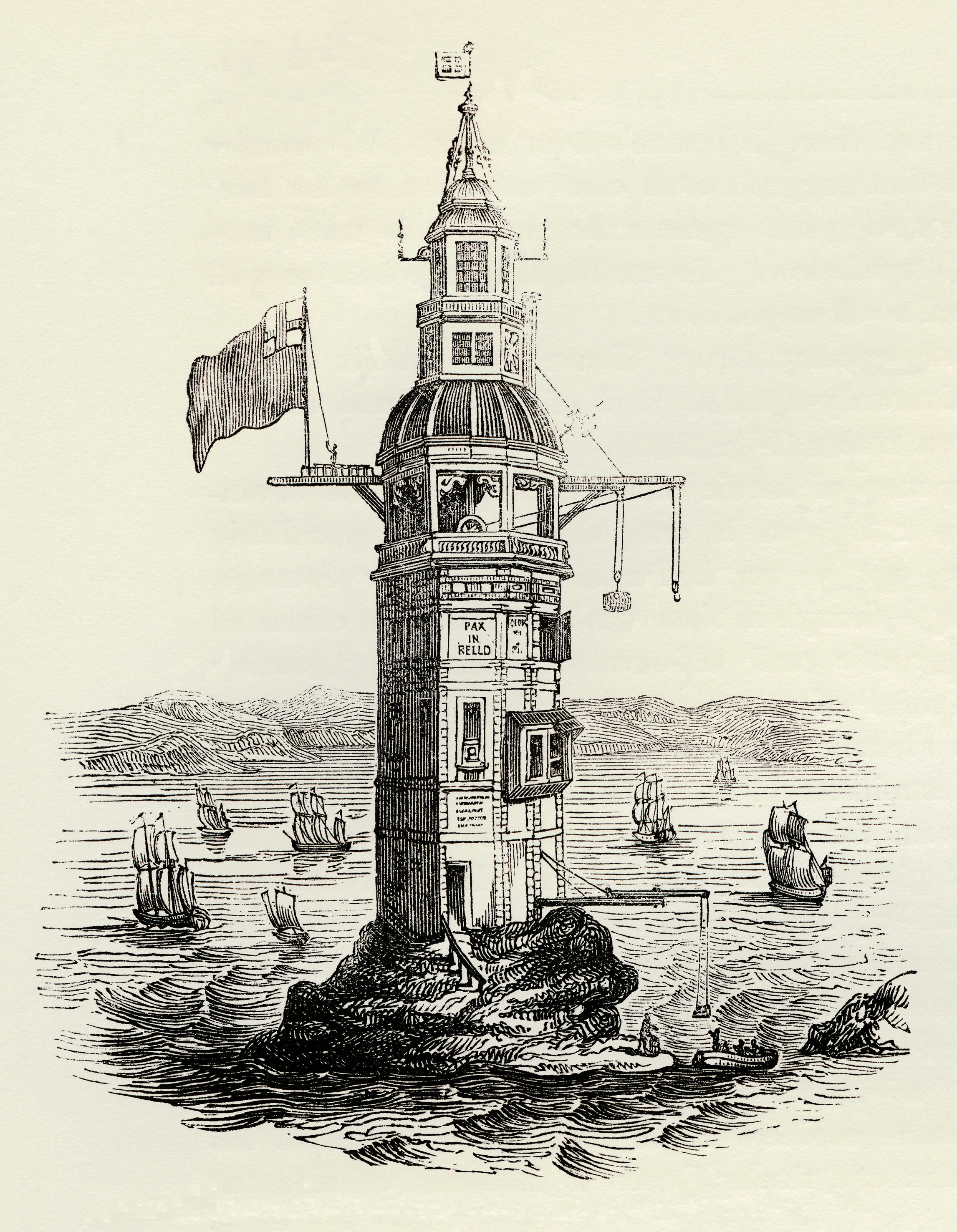Country Life Today: The great electric car debate — could they really be worse than diesel?
This morning we take a look at the sides lined up on either side of the electric vehicle debate, look at the extinction of the Great Auk and remember the brave men who saved countless lives by

The great electric car debate
We've covered a fair amount of electric car news at Country Life this year, and have become increasingly convinced that, while still hideously expensive and far from perfect for everyone, they will be the long-term answer we need.
But there are naysayers. A few months ago, a German scientist called Hans-Wener Sinn wrote a paper suggesting that, over the course of their lifetime, electric vehicles are actually worse for producing CO2 than diesel.
He then repeated his argument in an article in The Guardian, saying that when the electricity they use comes via fossil fuel-derived electricity they are worse than internal combustion engines, and that 'even when they are charged with solar- or wind-generated energy, enormous amounts of fossil fuels are used to produce EV batteries in China and elsewhere, offsetting the supposed emissions reduction.'

On that basis, he called the EU's electric vehicle policies 'a huge scam' and asserting that that, 'the EU’s regulation on fleet fuel consumption will not do anything to protect the climate. It will, however, destroy jobs, sap growth, and increase the public’s distrust in the EU’s increasingly opaque bureaucracy.' He also cited a study suggesting that electric vehicles need to clock up around 220,000 km in their lifetimes to make sense; the average car, he says, reaches only 180,000.
The Guardian subsequently published a counterpoint argument by William Todts, executive director of a thinktank called Transport & Environment, saying that, 'whenever you read a newspaper article claiming EVs are worse than diesel or petrol cars, that article will be based on a report that deliberately makes EVs look worse than they are.'
'If we want to halt global warming we need vehicles that don’t burn stuff,' he adds. 'Yes, of course, we’ll need clean electricity to run the vehicles and to produce the cars and batteries. But we know how to make power clean and we’re making rapid progress towards exactly that.'
There are fascinating arguments on both sides — and it seems to us that, in the long-term, Todts is surely right on this, given how far renewable energy has come in the last decade alone.
Exquisite houses, the beauty of Nature, and how to get the most from your life, straight to your inbox.
Read Sinn's full article and Todts's rebuttal (The Guardian)
How humans hunted the Great Auk to extinction
For some years it's been assumed that the Great Auk — a sort of huge, flightless puffin that stood almost 3ft high — probably died out due to in-breeding, disease or environmental change. New research in Wales has demonstrated that it was almost certainly hunting which brought about the demise of the species.
'Their genetic diversity was very high,' Dr Jessica Thomas of Swansea University told the BBC.
'They weren't at risk of extinction at all,' she added, explaining that the species was doing 'very well' before hunting intensified from around 1500. 'It emphasises how vulnerable even the widespread and abundant species are to this intensive, localised pressure.'
On This Day in 1703... the Eddystone Lighthouse was destroyed

The 'Great Storm of 1703' destroyed the Eddystone Lighthouse, an octagonal wooden building erected by Henry Winstanley, the first lighthouse ever built out at sea. It had been lit for the first time just five years previously; on the night of the storm, Winstanley and five other men were in the lighthouse.
No trace was ever found of any of them, but their legacy lives on: a new lighthouse was built, then another when that too was destroyed. There has been a lighthouse on the site ever since.
It really is beginning to feel a lot like Christmas
Especially at the National Trust's Cotehele, down in Devon:
And finally...
...more fake news. When will it stop?
Toby Keel is Country Life's Digital Director, and has been running the website and social media channels since 2016. A former sports journalist, he writes about property, cars, lifestyle, travel, nature.

